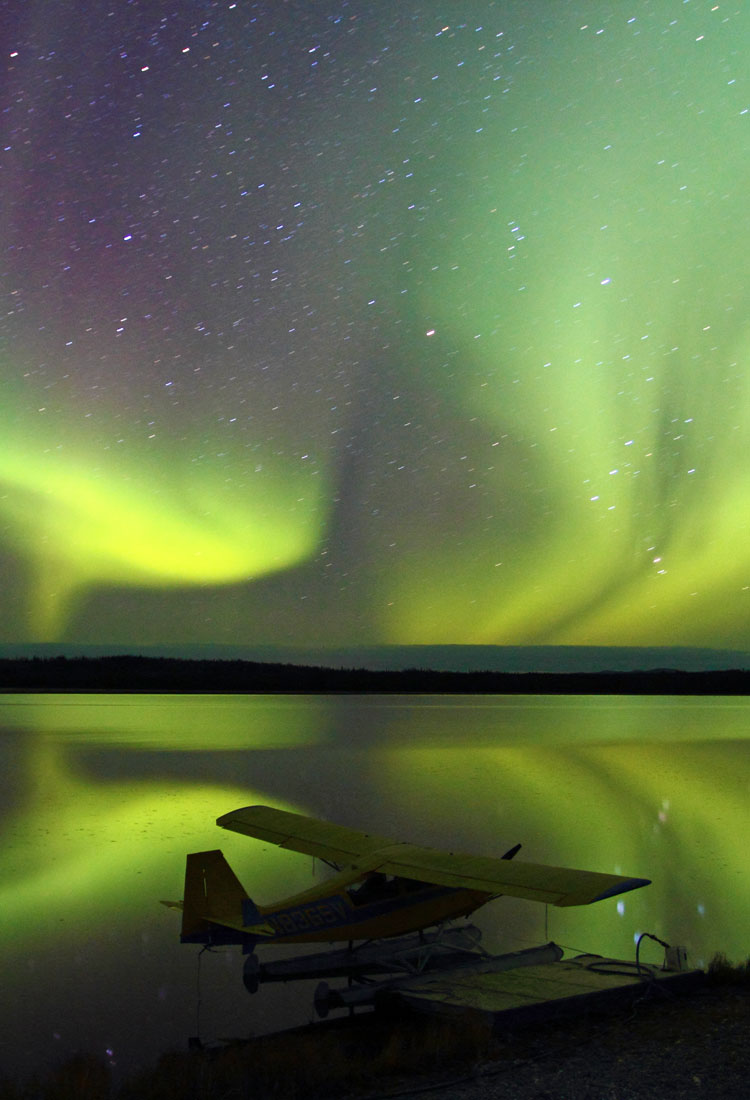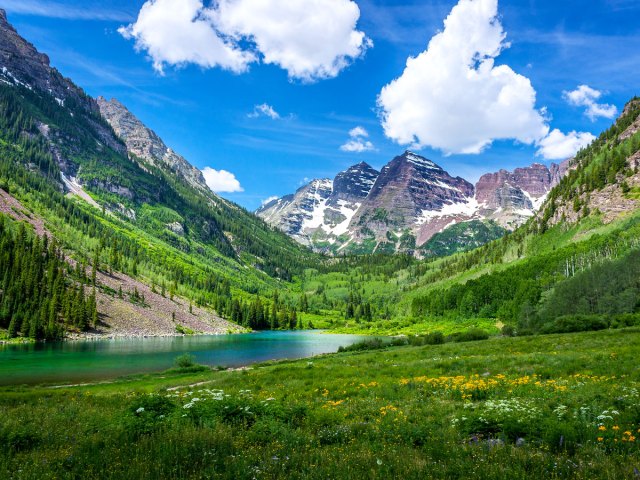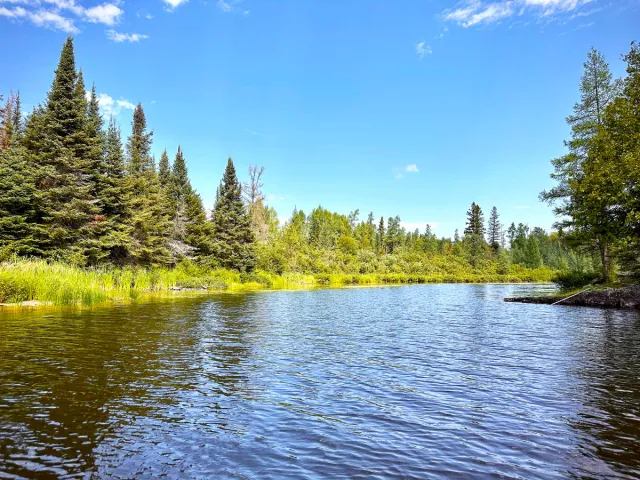Some people thrive in busy cities; others are drawn to the relaxed pace and charming Main Streets of small town America. Fortunately, if you prefer the latter, there are plenty of places to choose from — of the 19,502 incorporated places (including cities, towns, and villages) in the U.S., 16,410 were home to fewer than 10,000 people. In fact, the Census Bureau estimates that 32% of incorporated settlements have fewer than 500 residents. And that list doesn’t even cover the many small communities categorized as unincorporated places (also referred to as census designated places), which can get really tiny when it comes to population numbers. Just how modest? Check out eight of the smallest towns in America.
Lost Springs, Wyoming – Population: 4
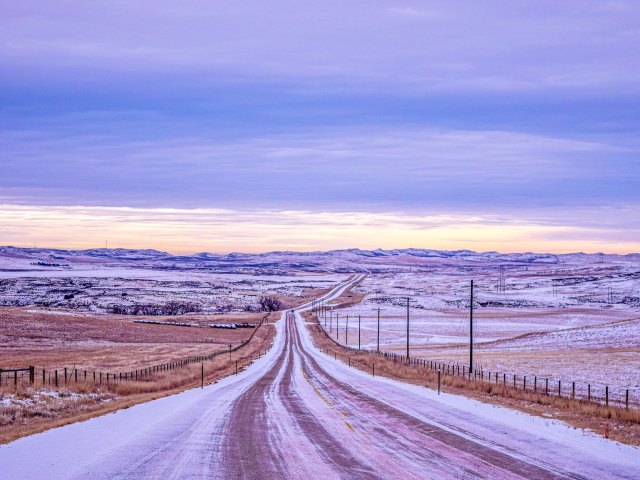
The first settlers in Lost Springs were the workers who came to build a railroad through the area in the 1880s. The town was named after the springs they struggled to find. Later, people came for the opportunity to work at the nearby Rosin coal mine. At its peak, the town, which was incorporated in 1911, had over 200 residents. But when the mine shut down in the 1930s, folks moved away to find other work.
Ironically, even though Lost Springs is one of the least populated towns in the U.S., census enumerators still got the count wrong in 2000. The old sign welcoming visitors to Lost Springs read “Pop 1,” but it was actually four. Leda Price, the town mayor, made sure not only that the 2010 census was more accurate, but also that the sign was updated, too. Today, the same number of people live in Lost Springs, Wyoming, staffing the local bar and general store.
Lotsee, Oklahoma – Population: 2
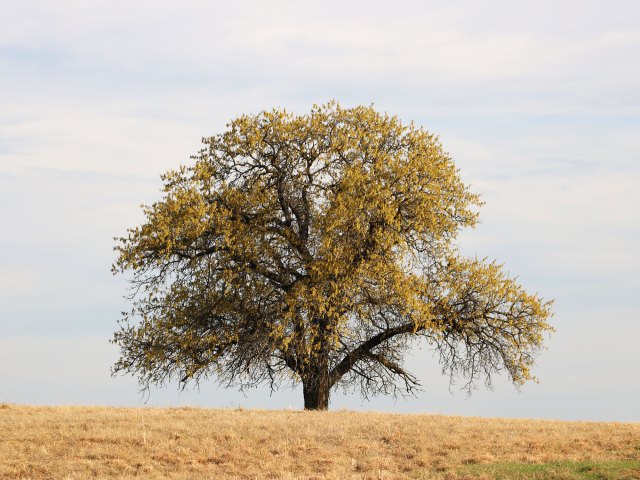
The Flying G Ranch boasts a breed of cattle known as Polled Herefords and a pecan orchard that sprawls along highway I-44 west of Tulsa. That’s pretty much all there is to the town of Lotsee, Oklahoma, one of the smallest cities in the U.S.
Farmer George Campbell moved to the town to find work during the Great Depression. In 1963, when it looked like he might be at odds with the nearby town of Sand Springs over land use, he decided to go for incorporated status. Today, the population of Lotsee numbers just two: his daughter Lotsee Spradling, for whom the town is named, and her husband. Together, they manage the successful family ranch that she inherited from her father.
Bettles, Alaska – Population: 12
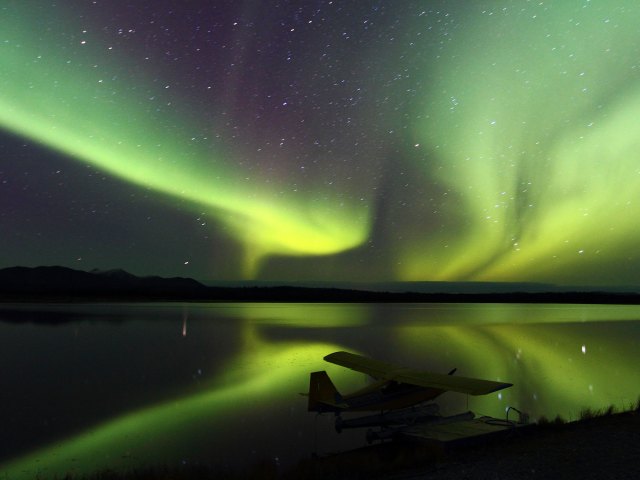
Incorporated in 1985, the town of Bettles, Alaska, has a small population (just 12 permanent residents), but somehow retains its own airport thanks to its location close to Gates of the Arctic National Park. Wright Air Service operates regular flights to the town from Fairbanks, Allakaket, and Hughes. The now-abandoned settlement of Old Bettles, seven miles away, takes its name from Gordon Bettles, who came to Alaska to cash in on the gold rush. Later on in neighboring Evansville (which has a population of just 15), the sawmill needed workers, and so did the airfield. But as the work dried up, the people drifted away.
Tavistock, New Jersey – Population: 5
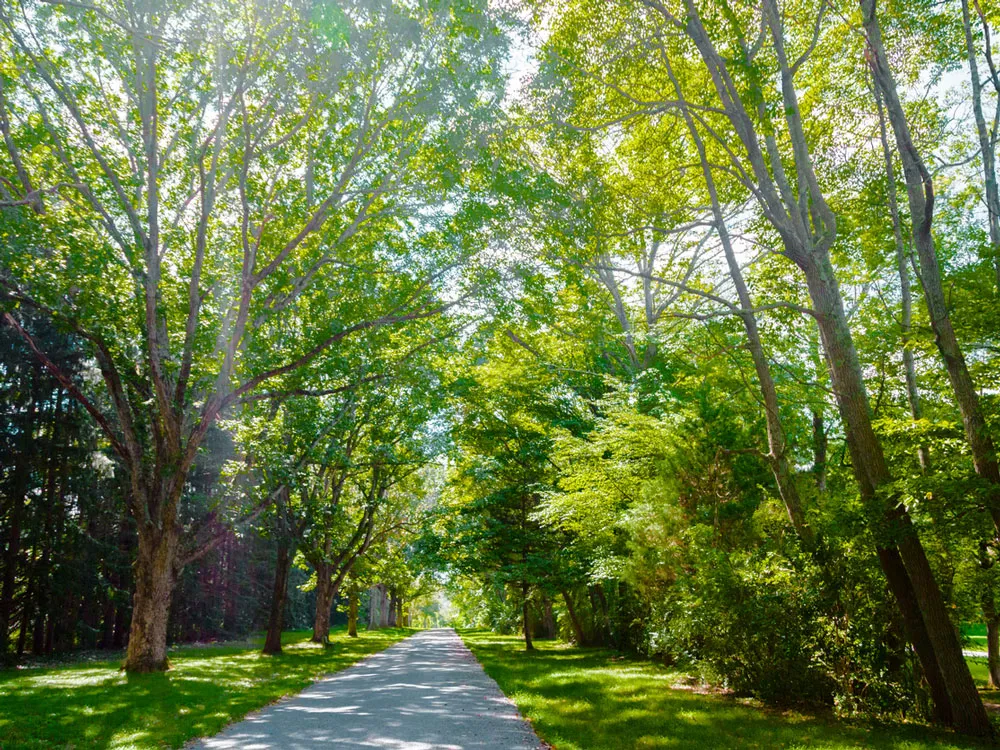
What would you do if it were illegal in your town to play a sport on your day off? For a group of keen New Jersey golfers a century ago, the answer was simple, though kind of extreme: They set up their own town so they could pass their own laws.
On April 21, 1921, 19 determined residents of the newly created Tavistock Borough won the right to split from neighboring Haddonfield, so they could spend Sunday on the green. Some sources also speculate that the desire to have a drink may have motivated the golfers; Haddonfield, originally a Quaker town, had been dry since 1873.
Whether that’s true or not is hard to prove, but in any case, by the time the town of Tavistock was established, it was the Prohibition era and alcohol was off-limits everywhere. These days, the golf course is still thriving, although the population of Tavistock has fallen to just five, making it one of the smallest cities in the U.S.
Ruso, North Dakota – Population: 4
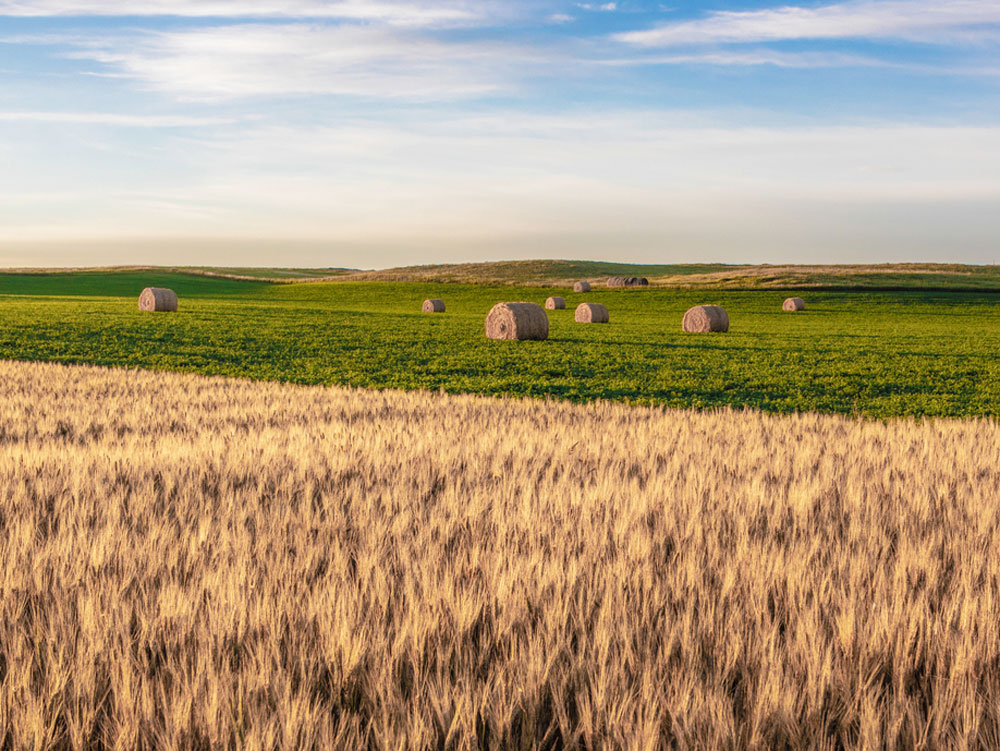
Ruso is one of a handful of tiny incorporated communities in North Dakota. It traces its history back to 1906, when a post office was established. It officially became a city in 1909, taking its name from the Russians who settled there. A year later, the census recorded its population as 141. For a while, the city included a bank, grain elevator, Lutheran church, and even a jail that later became a blacksmith shop.
Today, however, only four people live in Ruso, and the abandoned buildings are now in a poor state of repair. But despite all that — or perhaps because of it — this almost-forgotten place made it onto the big screen in 2014. It was a filming location for The Cut, a moving drama about the repercussions of the 1915 Armenian genocide.
Weeki Wachee, Florida – Population: 5
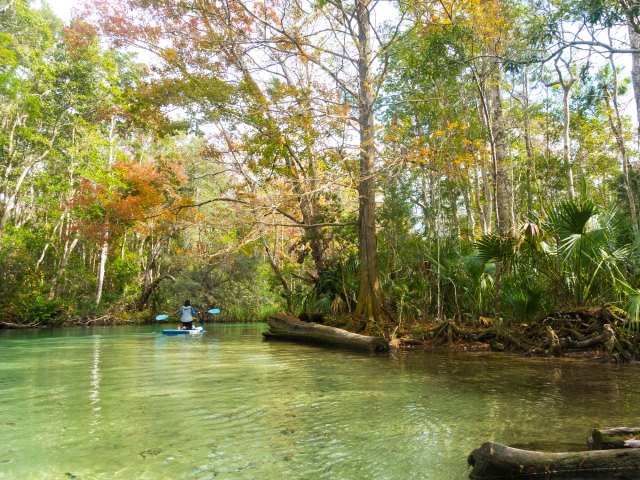
Federal estimates put the current population of Weeki Wachee, Florida, at 13, although the latest state figure from the Bureau of Economics and Business Research (BEBR) puts it at five. In March 2020, the state House and Senate voted to abolish the indebted city, though those who live there will retain the right to include Weeki Wachee on their postal address, should they wish.
Regardless, the town’s mermaid population usually outweighs the number of residents, when actors come from out of town to perform in underwater shows. They’ve been performing underwater at Weeki Wachee Springs, a Florida state park, since 1947. It’s one of the deepest naturally-occurring cave systems in the country, flooded daily with 117 million gallons of freshwater that bubbles up from subterranean caverns. Visitors watch the mermaid show from a (dry) 400-seat theater built into the limestone.
Monowi, Nebraska – Population: 1
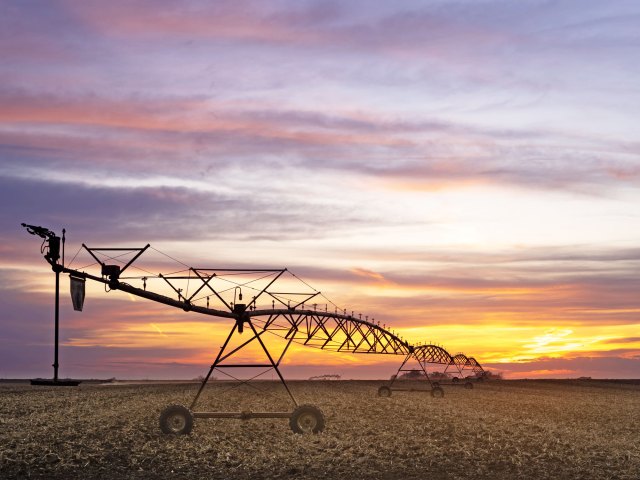
What would it be like to have a whole town to yourself? Octogenarian Elsie Eiler could tell you; she’s the sole resident of Monowi, Nebraska, which is believed to be the smallest town in America — and the only incorporated municipality in the United States with a population of just one person.
In 1902, the Pioneer Townsite Company founded the village along the Fremont, Elkhorn, and Missouri Railroad line, which has long since been abandoned. Census records show that the population peaked in 1930 at 123; Eiler is apparently the last resident remaining. Since the death of her husband in 2004, Eiler has single-handedly run the local town tavern, which is often frequented by curious travelers. She’s also the mayor of Monowi — and there’s no chance of anyone taking her place since she’s the only one with a vote.
Buford, Wyoming – Population: 0
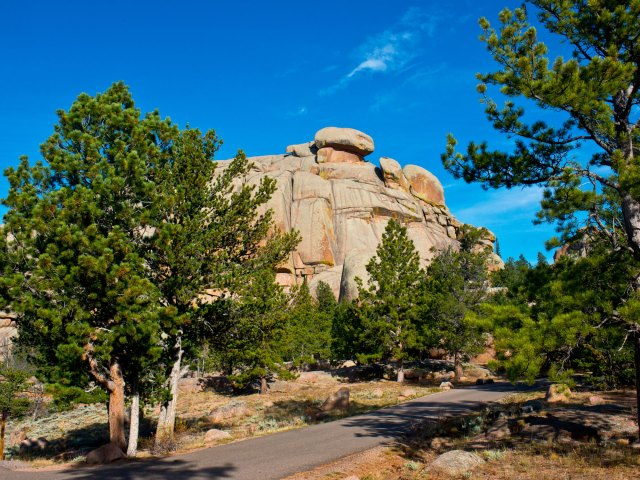
The man who would eventually become Buford’s sole resident, Don Sammons, bought the land a few decades ago. He developed it to include, among other things, a bank of P.O. boxes, a salvage yard, a cell tower, and a general store. In 2012, he decided to sell the land, putting it up for auction.
Vietnamese coffee company entrepreneur Pham Dinh Nguyen snapped up all the buildings in this unincorporated community for a little short of $1 million. He rebranded the place “Phin Deli Town Buford” and used its fame as one of the smallest towns in America to market his coffee. The name stuck for a while, but once the place had served its purpose, the shutters came down. The town — which was founded in 1866 — has been abandoned ever since. It looks like this might be the end of the road for Buford.
Featured image credit: Andrew Mobbs/ Shutterstock
More from our network
Daily Passport is part of Optimism, which publishes content that uplifts, informs, and inspires.






